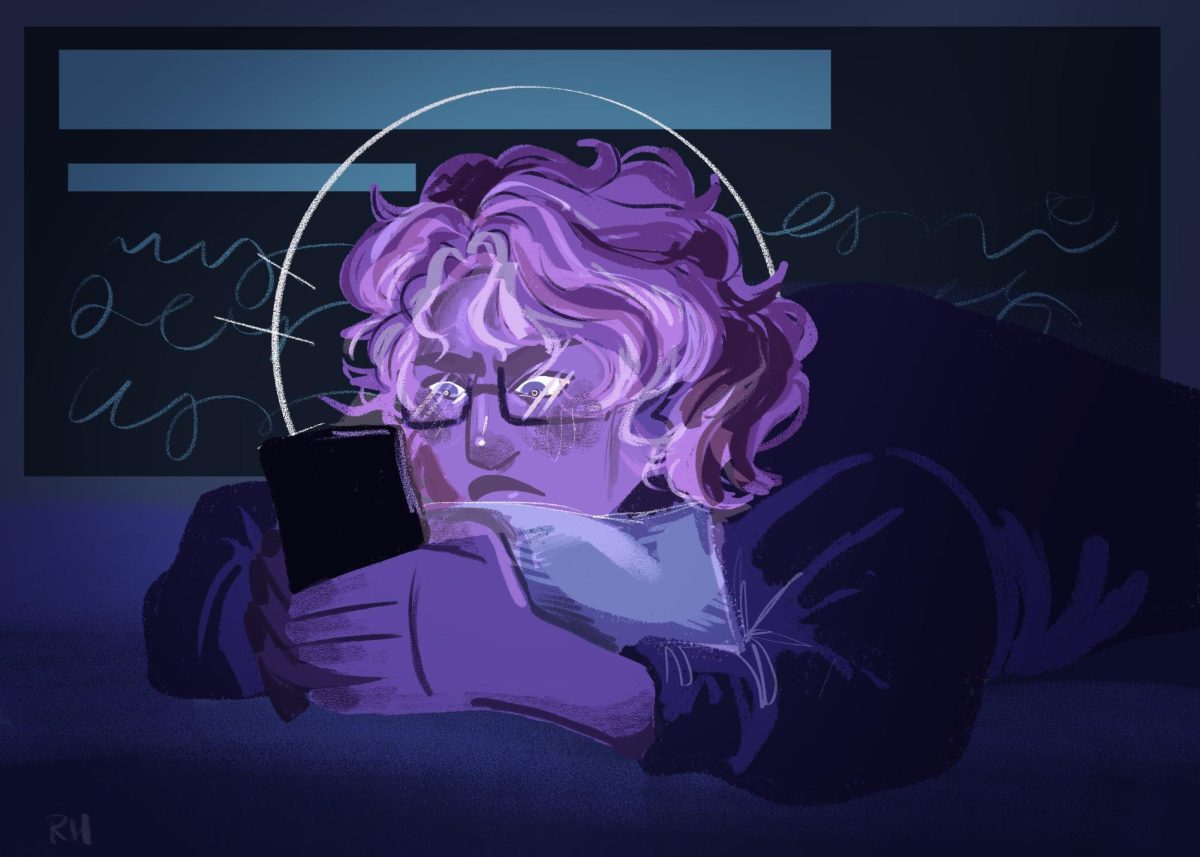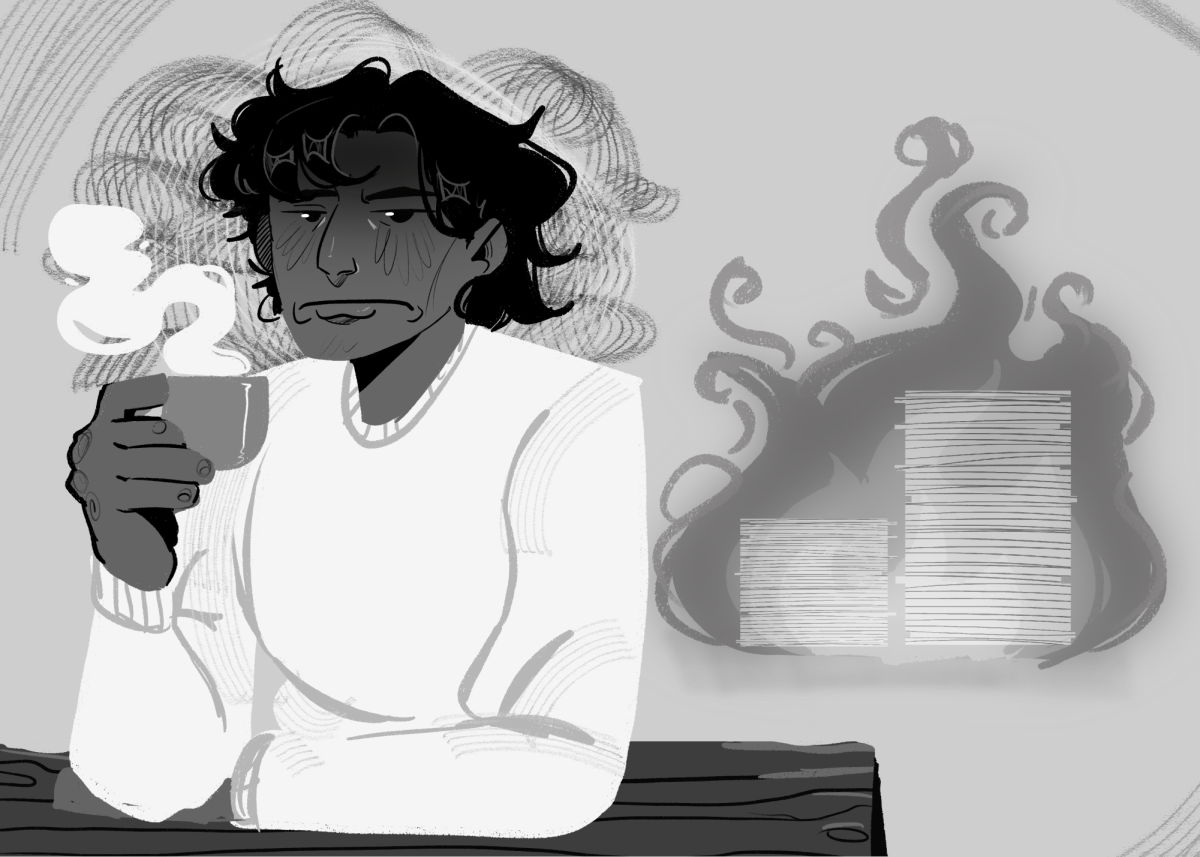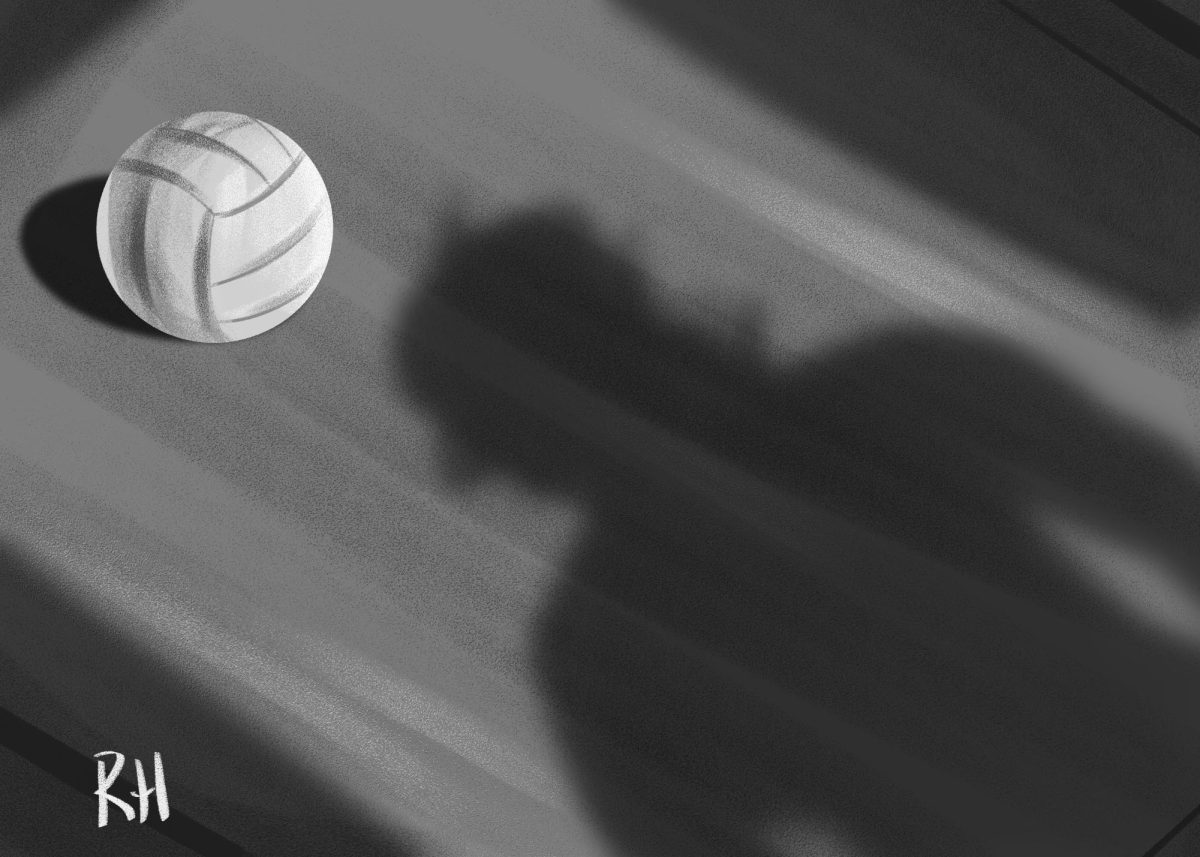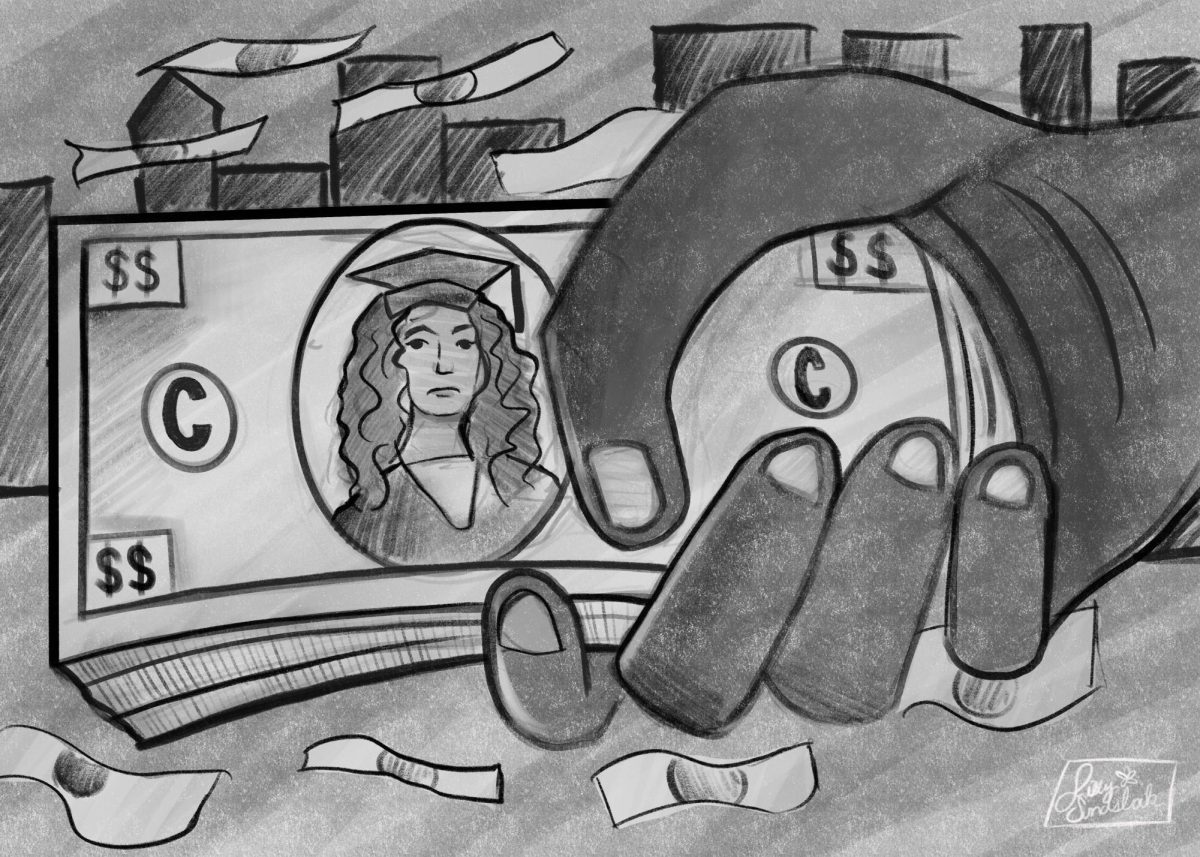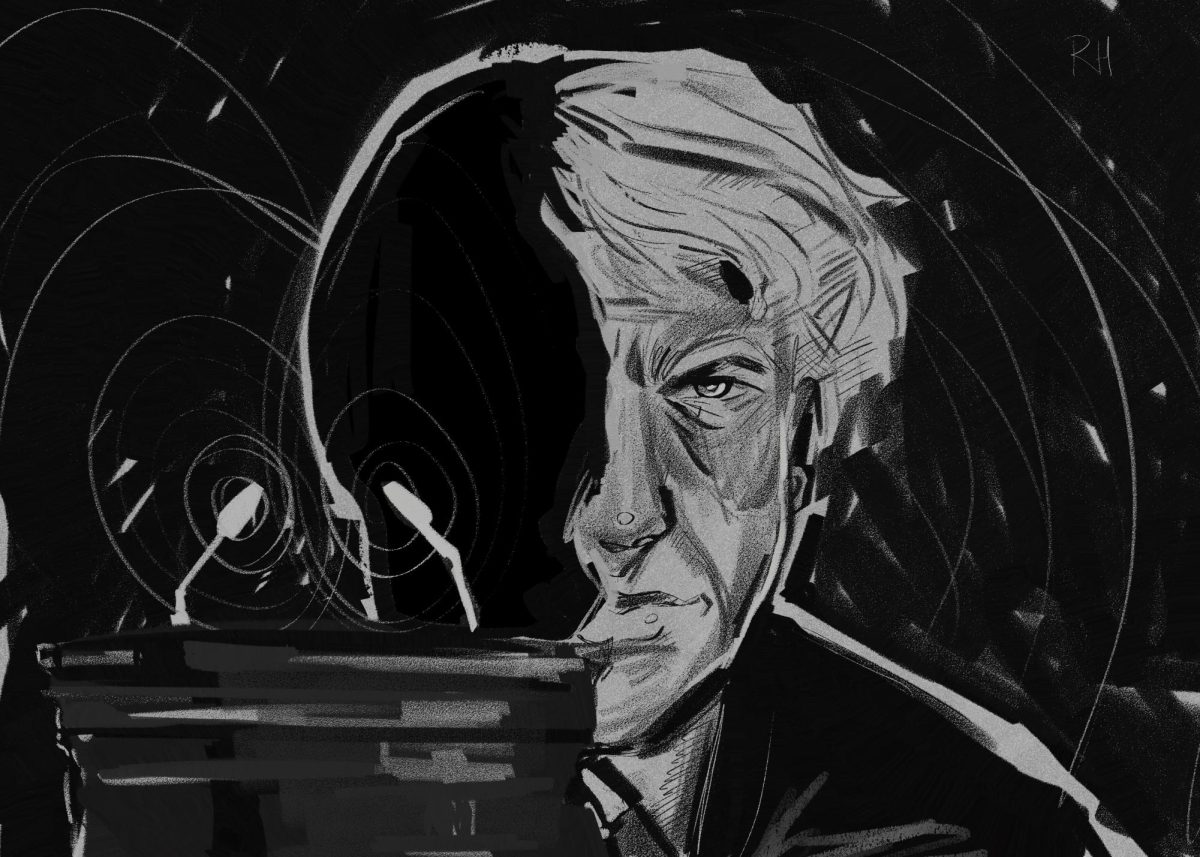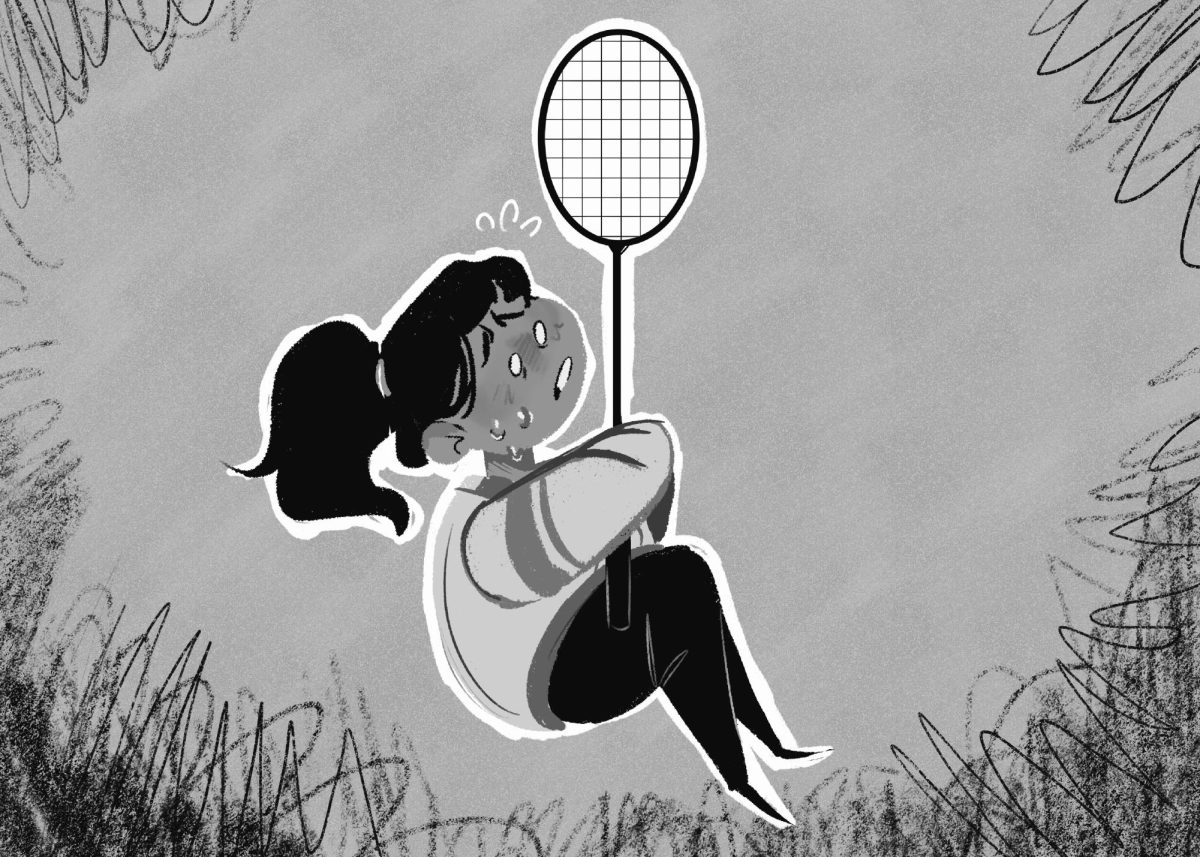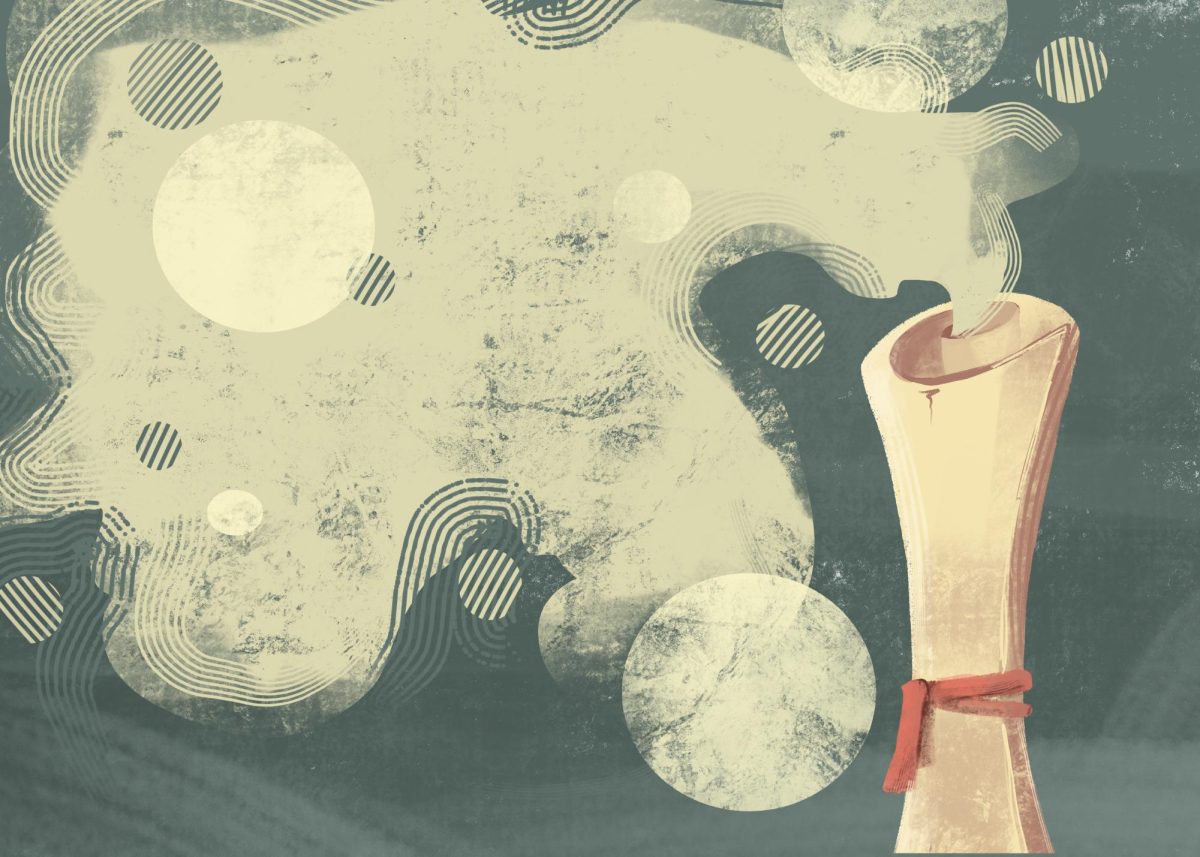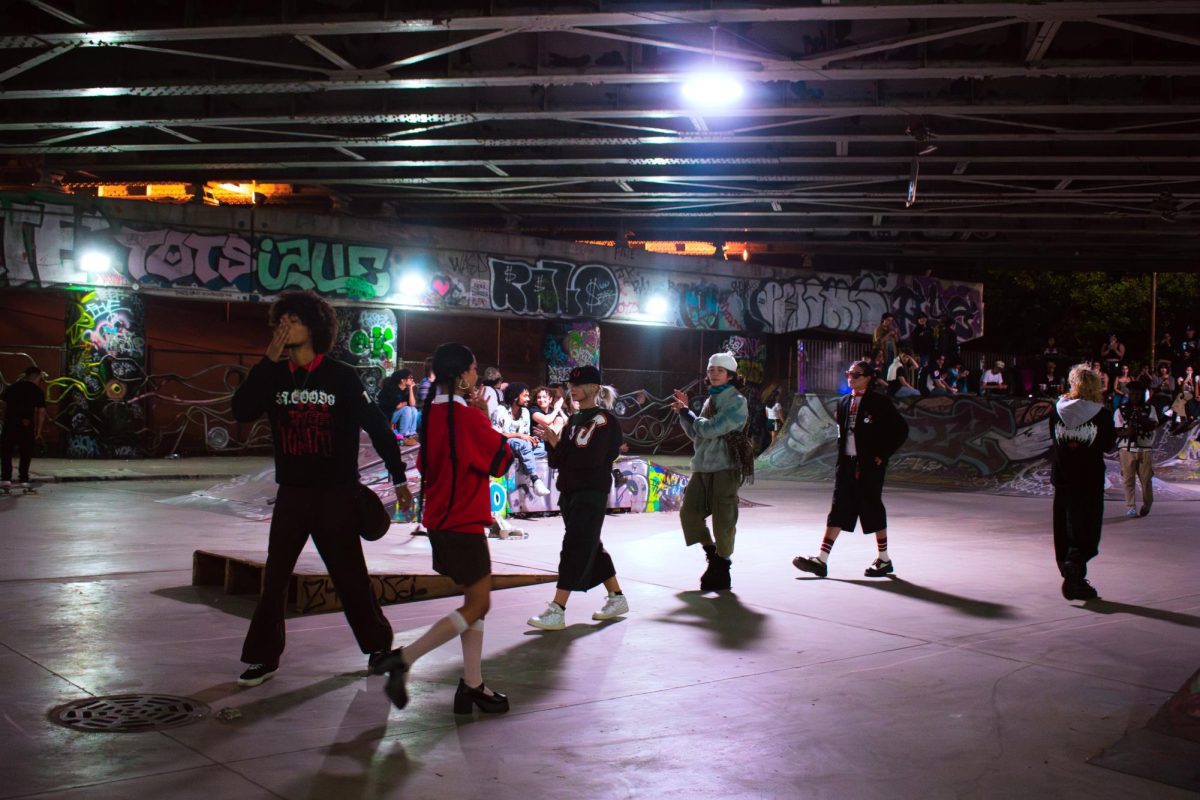I’ve been a philosophy professor at Columbia for over 25 years. I’ve published 10 books for Harvard, Oxford, University of Chicago and Harper Collins. I write essays for the New York Times, the Boston Globe, the Chicago Tribune and the Chronicle of Higher Education. I’m also the executive producer and host with actor Paul Giamatti of the hit podcast Chinwag, and I’ve played many gigs with blues giants like Bo Diddley, Buddy Guy and Koko Taylor. Any success I’ve had has come from inspirational teachers who taught me to value both creativity and the big ideas of the liberal arts.
Faculty like me have thrived at Columbia College Chicago because our college has traditionally valued the blend of artmaking with the pursuit of wisdom (contained in our academic core). The college has helped students find that crucial and inspiring blend because students have been hungry for it. Many of them had the choice to go to trade schools and even conservatories, but they chose Columbia because the liberal arts context gives substance to their creativity.
Currently, there is a disheartening movement afoot to shrink liberal arts and sciences curriculum to save money and close a budget shortfall. But students cannot just learn about game design and digital editing, and not learn about Islam, China, the history of slavery, logic or writing. That purely vocational approach is embarrassingly out of touch with what students need. If our academic core is cut too much, then the college will reap what it sows. Our future students will devolve into shallow careerists who risk becoming outdated in a few years because of rapidly changing tech innovations. Without liberal arts, students will lack the cultural awareness and critical thinking skills to adapt to and understand the fast-changing job markets of the future. They’ll also lack the social, cultural and historical knowledge to be active citizens in a democracy.
Columbia College Chicago is a unique vortex of creativity. But how creative and innovative will Columbia be if anti-intellectual forces at the college gut the core? There is no creativity without critical thinking and no critical thinking without creativity.
My brother, Dan Asma, is a classic Columbia College success story. He got a film degree at Columbia and went on to pursue his dreams in Hollywood. He struggled for a decade as a script-reader and film editor, and anything else he could find. Eventually he formed a film marketing company called Buddha Jones that rose to become one of the most successful advertising and design firms in Hollywood. Dan regularly hired Columbia students for internships and jobs. He said the most important thing for success in his industry was not his major courses (which were good) but his liberal arts courses and the skills he gained as a thinker and writer. When students came to him for jobs (over the last two decades) he evaluated their writing, their logic and their social skills before he asked them about films. Genius in the latter could not outweigh deficits in the former.
In an era when media, politics, and technology all converge to lock us into information bubbles and dogmatic silos, we need to recommit to a curriculum that breaks down walls and nudges people out of their comfort zones. The liberal arts do that –strengthening our sense of community and tolerance with those who are different from us. Our students will shape the images and narratives of the future, and we need to give them the tools to do this creative work with empathy and responsibility.
I’m not naïve. In our current adverse circumstance, all of us will need to adapt and there will be difficult adjustments. But cutting the already reduced liberal arts component of the Columbia experience will disadvantage our future students.
Stephen Asma is a professor in the Humanities, History, and Social Sciences Department.
Submit an op-ed of no more than 850 words here or email editorialboard@columbiachronicle.com




